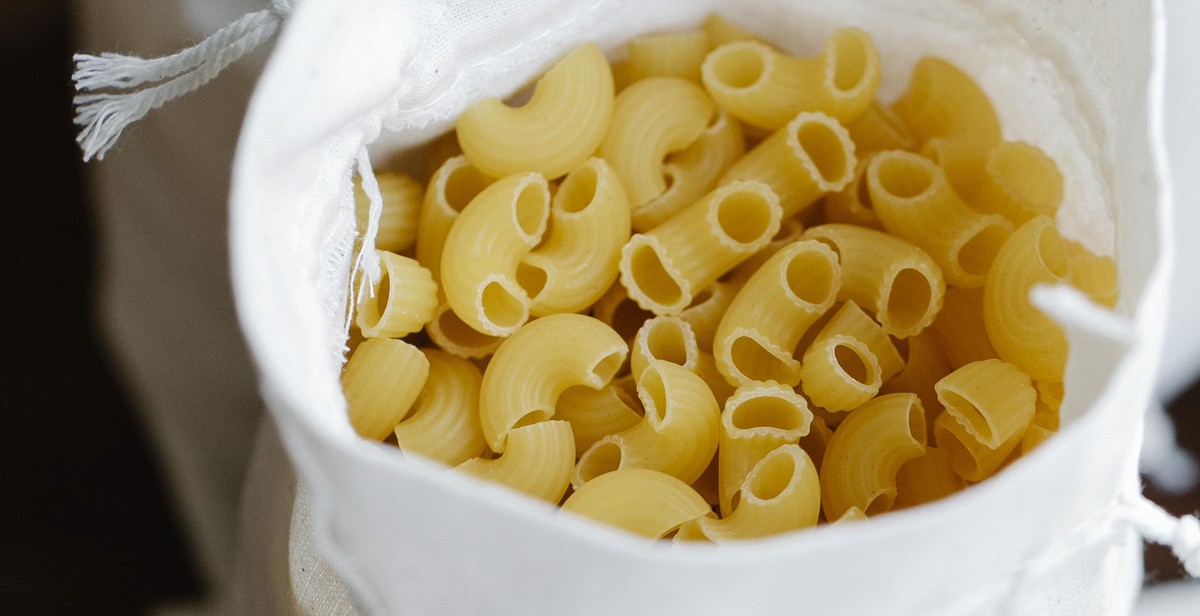How to Reduce Food Waste in Your Home
Food waste is a global issue that affects both the environment and our wallets. According to the Food and Agriculture Organization (FAO), one-third of the food produced in the world for human consumption is wasted. This means that approximately 1.3 billion tons of food are wasted every year. In addition to the environmental impact, food waste also has a financial impact. In the United States alone, it is estimated that households waste about $1,500 worth of food each year.
The Importance of Reducing Food Waste
Reducing food waste is not only important for the environment and our finances, but it also has social implications. By reducing food waste, we can help alleviate hunger by redirecting food to those who need it most. Additionally, reducing food waste can help conserve resources such as water, energy, and land used for food production.
Tips to Reduce Food Waste in Your Home
Reducing food waste in your home can seem overwhelming, but it is achievable with small changes in behavior. Here are some tips to help you reduce food waste:
- Plan your meals and make a shopping list
- Store food properly to extend its shelf life
- Use leftovers to create new meals
- Compost food scraps
- Donate excess food to food banks or shelters
By implementing these tips, you can reduce your food waste and make a positive impact on the environment and your finances.

Understanding Food Waste
Food waste refers to any food that is discarded or lost and never consumed. This can occur at any stage of the food supply chain, from production to consumption. Food waste is a significant problem worldwide, with an estimated one-third of all food produced globally being wasted or lost each year.
What is Food Waste?
Food waste can take many forms, including:
- Food that is discarded by households or restaurants
- Food that is left unharvested or unsold by farmers or retailers
- Food that is spoiled or expired and must be thrown away
- Food that is overproduced and never sold or consumed
Food waste can occur for many reasons, including inefficient supply chain management, overproduction, and consumer behavior.
Why is Food Waste a Problem?
Food waste is a significant problem for several reasons:
- Environmental Impact: Food waste contributes to greenhouse gas emissions, as discarded food produces methane gas in landfills. Additionally, the resources used to produce, transport, and dispose of wasted food (such as water, energy, and land) are wasted as well.
- Economic Impact: Food waste represents a significant economic loss, both for individuals and for society as a whole. In the United States alone, it is estimated that food waste costs $218 billion each year.
- Social Impact: Food waste exacerbates food insecurity and hunger, as resources that could be used to feed people are wasted. Additionally, food waste can contribute to social inequality, as those who cannot afford to waste food may have less access to it in the first place.
Reducing food waste is essential for addressing these issues and creating a more sustainable food system. By taking steps to reduce food waste in our homes and communities, we can help to reduce the environmental, economic, and social impacts of this issue.

Tips to Reduce Food Waste
Reducing food waste is an essential step towards sustainable living. With a little bit of planning and effort, you can reduce the amount of food that ends up in the bin. Here are some tips to help you reduce food waste at home:
1. Plan Your Meals
Meal planning is an effective way to reduce food waste. Before going grocery shopping, plan your meals for the week and make a list of the ingredients you need. This will help you buy only what you need and avoid buying excess food that may go to waste.
2. Buy Only What You Need
When you go grocery shopping, buy only what you need. Avoid buying in bulk if you do not need the extra food. Also, check the expiry dates of the food items before purchasing them. This will ensure that you do not end up throwing away expired food.
3. Store Food Properly
Proper storage of food can help extend its shelf life. Store food in airtight containers and keep them in the fridge or freezer as necessary. This will help prevent spoilage and keep your food fresh for longer.
4. Use Your Leftovers
Leftovers can be turned into delicious meals with a little bit of creativity. Use them to make soups, stews, or casseroles. You can also freeze leftovers for later use. This will not only reduce food waste but also save you time and money on meal preparation.
5. Compost Food Scraps
Composting is an excellent way to reduce food waste and create nutrient-rich soil for your plants. Instead of throwing away food scraps, compost them. You can use a compost bin or create a compost pile in your backyard. Composting is easy, and it is a great way to reduce your carbon footprint.
By following these tips, you can reduce food waste and contribute to a more sustainable future. Remember, every little effort counts.

Food Waste Reduction Challenges
Reducing food waste is an important step towards sustainable living. However, it is not always an easy task. There are several challenges that one may face when trying to reduce food waste in the home.
Challenges of Reducing Food Waste in the Home
1. Lack of awareness: One of the biggest challenges of reducing food waste is the lack of awareness. Many people are not aware of the impact of food waste on the environment and the economy. They may not know how to properly store food or how to use leftovers effectively.
2. Overbuying: Another common challenge is overbuying. Many people tend to buy more food than they need, which leads to food waste. This is often due to the fear of running out of food or not having enough for unexpected guests.
3. Improper storage: Improper storage is another challenge that leads to food waste. When food is not stored properly, it can spoil quickly, leading to waste. This is often due to a lack of knowledge about how to store different types of food.
4. Confusion about expiration dates: Many people confuse expiration dates with sell-by or use-by dates, leading to unnecessary food waste. Sell-by dates indicate when the food should be sold, while use-by dates indicate when the food should be consumed. Expiration dates are often just a suggestion and do not necessarily mean the food is no longer safe to eat.
Overcoming Food Waste Reduction Challenges
1. Increase awareness: To overcome the challenge of lack of awareness, it is important to educate yourself and others about the impact of food waste. You can read articles, watch videos, and attend workshops to learn more about reducing food waste.
2. Plan meals and make a shopping list: Planning meals and making a shopping list can help you avoid overbuying. This will ensure that you only buy what you need and reduce the amount of food waste in your home.
3. Store food properly: Proper storage is crucial to reducing food waste. You can learn how to store different types of food by reading labels, researching online, or asking a professional.
4. Understand expiration dates: Understanding expiration dates can help you avoid unnecessary food waste. You can learn about the different types of expiration dates and what they mean by reading labels or doing some research online.
5. Use leftovers: Leftovers can be used to make new meals or snacks, reducing the amount of food waste in your home. You can find recipes online or get creative with your own ideas.
By overcoming these challenges, you can reduce food waste in your home and contribute to a more sustainable future.

Conclusion
Reducing food waste in your home is not only beneficial for your wallet but also for the environment. By following the tips outlined in this article, you can make a significant impact in reducing the amount of food waste that ends up in landfills and contributing to greenhouse gas emissions.
Plan your meals and shopping
Meal planning and shopping with a list are simple yet effective ways to reduce food waste. By knowing what you need and buying only what you will use, you can avoid overbuying and letting food go bad.
Store food properly
Proper storage can help extend the shelf life of your food, reducing the likelihood of it going bad and being thrown away. Knowing where and how to store different types of food can make a big difference in reducing food waste.
Get creative with leftovers
Instead of throwing out leftovers, consider repurposing them into new dishes. This not only reduces waste but can also save you time and money in the kitchen.
Donate or compost food scraps
If you have food scraps that cannot be used or repurposed, consider composting them or donating them to local food banks or community gardens.
By implementing these simple tips, you can make a positive impact on the environment and reduce food waste in your home. Remember, every little bit counts!
